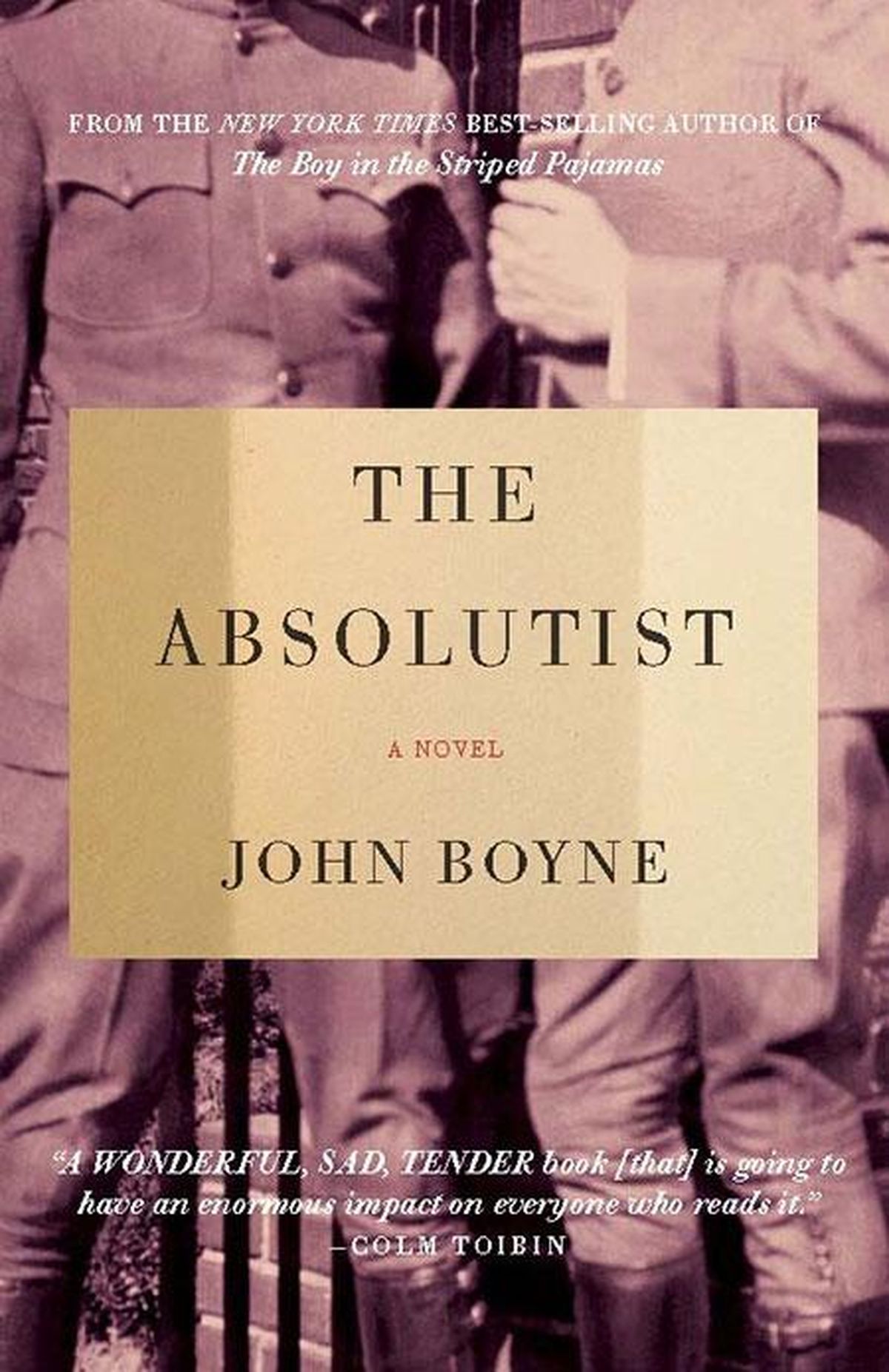Six novels that get to the truth of World War I

From 1914 to 1918, Europe sacrificed a generation of men, and demanded that overseas dominions and colonies send their young men to feed the Minotaur. Tens of millions of people – civilians and military personnel – were killed or wounded during World War I. Even the United States, which did not enter the war until April 6, 1917, sent more than 116,000 men to their deaths.
For four years, much of Europe has marked the centenary of various battles, and this year it will observe the anniversary of the Great War’s end – the 11th hour of the 11th day of the 11th month – with rituals of remembrance that acknowledge all that was lost. (In the United States, Nov. 11 is celebrated as Veterans Day. Because the date this year falls on a Sunday, the national holiday will be observed on Monday.)
Although few Americans made literature out of the First World War, European writers – men who served, women who waited and people who opposed the war – produced novels, memoirs and poetry that are still almost unbearable to read for their painful evocation of the battlefield and the emotional costs of war.
American readers may be familiar with “All Quiet on the Western Front,” by German army veteran Erich Maria Remarque, and Ernest Hemingway’s “A Farewell to Arms,” two World War I novels published in the late 1920s. They may also have read Sebastian Faulks’ relatively recent novel “Birdsong” (1993), which tells of a World War I veteran’s traumatic battlefield experiences, and Pat Barker’s “Regeneration Trilogy” novels (1991, 1993 and 1995), which have been applauded for their exploration of shell shock. For those who seek to know more about the war’s devastation, a good place to start might be with these six books.
‘The Burning of the World’
By Bila Zombory-Moldovan (NYRB Classics)
Bila Zombory-Moldovan was 29 when he was called up to serve in the Austro-Hungarian army after war was declared. His memoir of the eight months he served – until serious injury sent him home – offers a record of the early war on the Eastern Front, where Russians, Cossacks, Serbs, Croats, Slovaks, Czechs, Romanians, Poles, Hungarians, Austrians and Germans battled in horrendous conditions. His harrowing account of being shelled provides insight into why so many survivors went home with what we now call PTSD.
‘No Man’s Land’
By Simon Tolkien (Anchor Books)
Tolkien’s grandfather, famed author and scholar J.R.R. Tolkien, served in France for several months in 1916 until contracting trench fever. In this 2016 novel, Simon Tolkien tackles issues of class and rigid social structure as well as war. Adam Raine, a laborer’s son who has been taken in by a wealthy man, sets aside his studies at Oxford to serve in the Army. But on the front, he discovers that people at home are being lied to about the war and about how their sons are dying.
‘Schlump’
By Hans Herbert Grimm (NYRB Classics)
Grimm published this 1928 novel anonymously, worried that his absurdist approach to the war would offend other Germans. It did, and when the Nazis came to power, “Schlump” was burned and banned. In this black comedy, 17-year-old Schlump goes off to war in hopes of “meeting girls.” His initial assignment is cushy – and the source of many slapstick moments – but his experiences at the front, where men are sacrificed in response to nonsensical orders, are conveyed with dark humor that masks rage and despair.
‘The Absolutist’
By John Boyne (Other Press)
This searing novel about wartime friendship was published in 2011. English teens Tristan and Will meet during basic training and are deployed together to the Western Front. The intensity of their friendship leads to character-defining moments. In harrowing scenes and tender moments, Boyne explores the ways that friends protect each other on the battlefield and how the stress and brutality of war can produce acts of courage and betrayal.
‘The Winter Soldier’
By Daniel Mason (Little, Brown)
In Mason’s 2018 novel, Lucius is a medical student in Vienna when the war starts. He volunteers to serve in the Austro-Hungarian army and is sent to the Carpathian Mountains, where he is a field hospital’s only doctor and the soldiers he treats suffer from horrific injuries. A nurse with secrets, Sister Margarete, adds mystery to the story and complicates life at the hospital.
‘Fear’
By Gabriel Chevallier (NYRB Classics)
Chevallier’s heart-rending 1930 novel of the young Jean Dartemont’s time in the French army is a powerful mix of horrific battlefield scenes and poetic language. In one chapter, relief troops find that the soldiers they’ve been dispatched to help are all dead, and in page after page, the details create a feeling like being inside a Hieronymus Bosch painting of the damned. While on leave, Dartemont discovers that French civilians are eager to continue a war they believe is covering the army in glory, and they condemn him for his doubts. Dartemont tells his priest, “The God of infinite mercy cannot be the God of the plains of Artois.” And he concludes, “This war has killed God, too.”